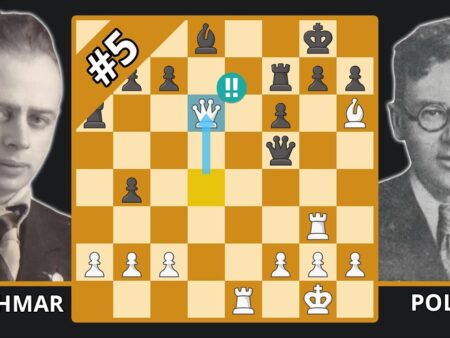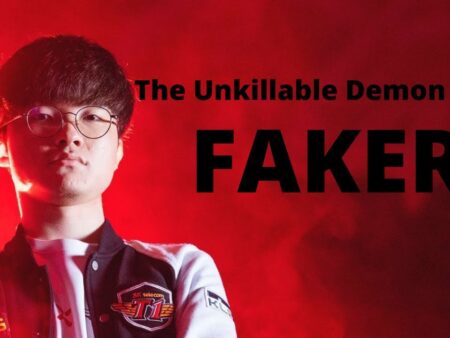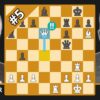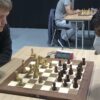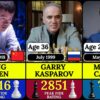The opening match of the season often serves as a barometer, hinting at the tactical direction and collective temperament of a football club. For Arsenal, their recent 1-0 victory over Manchester United at Old Trafford was indeed a revealing affair, though perhaps not in the way many anticipated. Far from a display of controlled dominance or fluid attacking prowess, the Gunners delivered a performance characterized by unprecedented speed, disorganization, and, rather ironically, a fortunate outcome. The crucial question emerging from this chaotic triumph: Is this newfound frantic pace a deliberate strategic evolution, or merely a circumstantial detour?
The Alleged New Direction: Speed for the Striker
Pre-season whispers suggested a tactical shift at Arsenal, reportedly designed to leverage the attributes of marquee new signing Viktor Gyokeres. The aim was to transition from the meticulous, often languid build-up play of previous seasons to a more direct, “up and down” style. The idea, presumably, was to cut through opposition defenses with swift, incisive movements, getting the ball to the final third with fewer passes and greater urgency. The statistical evidence from the United game supports this notion: Arsenal’s forward advancement speed reportedly clocked in at an astonishing 2.02 meters per second, a remarkable 55% quicker than their average over the past three seasons. This was, in essence, an attempt at “seven seconds or less” football, a basketball-inspired ethos applied to the pitch.
Chaos on the Canvas: A Disjointed Performance
However, the execution of this high-octane strategy at Old Trafford was, to put it mildly, an uncoordinated spectacle. Arsenal’s display was marked by a surprising lack of cohesion: clumsy ball retention, a visibly disjointed defensive structure, and an attack often out of sync. Players like William Saliba and Gabriel, typically pillars of composure, appeared flustered in the first half, scrambling to recover positions after rapid turnovers. Even Gyokeres, the very player for whom this tactical pivot was supposedly orchestrated, struggled to find his rhythm, at one point comically treading on the ball when bearing down on goal. Gabriel Martinelli`s attempts at propulsion often ended in frustrated swings at thin air, while Bukayo Saka, known for his calculated dismantling of full-backs, seemed ill-suited to the frenetic tempo.
Manager Mikel Arteta’s tactical blueprint, once characterized by patient, possession-heavy dominance (what he famously called “300,000 passes in the opposition half”), seemed to have been momentarily abandoned for a less refined, almost desperate, dash forward. The result was a game where individual brilliance and collective understanding were frequently sacrificed at the altar of raw speed. One might even argue that the victory was secured in spite of their experimental approach, rather than because of it.
The Old Reliables: Rescuing a Muddled Performance
Fortunately for Arsenal, some time-honored qualities remained intact and proved decisive. Despite the chaos, their ability to defend a lead, however precariously, shone through. When the intricate passing game failed, a single well-delivered ball into the box, often from a set piece, proved enough. It was a testament to their enduring grit and resilience that they could withstand Manchester United’s rather anemic penalty box pressure, securing three vital points through traditional means. This reliance on fundamental strengths, rather than the intended new tactical approach, ultimately spared their blushes.

The Unanswered Riddle: Design or Duress?
The lingering question is whether this “seven seconds or less” Arsenal was a deliberate strategic choice or a forced adaptation to the unique pressures of playing at Old Trafford on opening day. Martin Odegaard’s halftime admission that the team was “a bit too hectic at times” suggests an awareness of the overzealous approach. The subsequent introduction of Kai Havertz, ostensibly to bring more composure, did little to stem the tide of direct, hopeful balls. While other title contenders like Liverpool might find their new attacking qualities compromising defensive stability due to transfer business, Arsenal`s acquisitions, particularly Martin Zubimendi in midfield, theoretically provide the foundation for their old, controlled tactical model.
This match served as a stark, if successful, experiment. Arsenal secured three points, but the performance left much to ponder. Was this just an awkward initial attempt at a radical new identity, a necessary stumble before finding their stride? Or was it a fleeting, reactive display that will be quickly shelved in favor of their more familiar, measured approach? Only time, and subsequent fixtures, will reveal whether this chaotic victory was a harbinger of a bold new era, or simply an experimental detour that, against all odds, yielded maximum points. For now, Arsenal can afford a few more such `detours,` so long as the set pieces continue to deliver.
